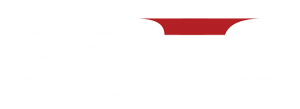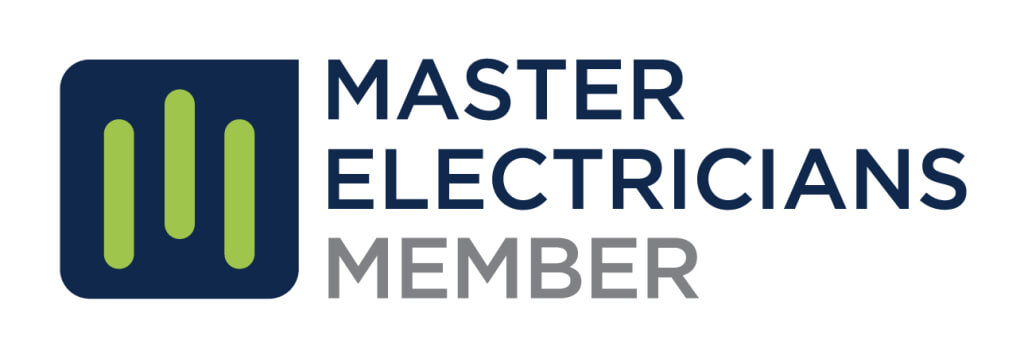In Australia it’s common to find a BBQ in many backyards. Nothing beats the taste, but it is important to ensure consideration goes into keeping your home safe.
- Never use gas cylinders indoors or in confined spaces
- Ensure the hose connection and hose are on tight with no leaks (never test for a leak with a flame – use soapy water instead)
- Dispose of out dated or empty gas cylinders safely
- Keep BBQs clean to reduce fire hazards especially from left over fat and grease
- An adult should be in charge of a lit BBQ at all times
- Make sure you turn your BBQ off properly after use – never leave it turned on while unattended


